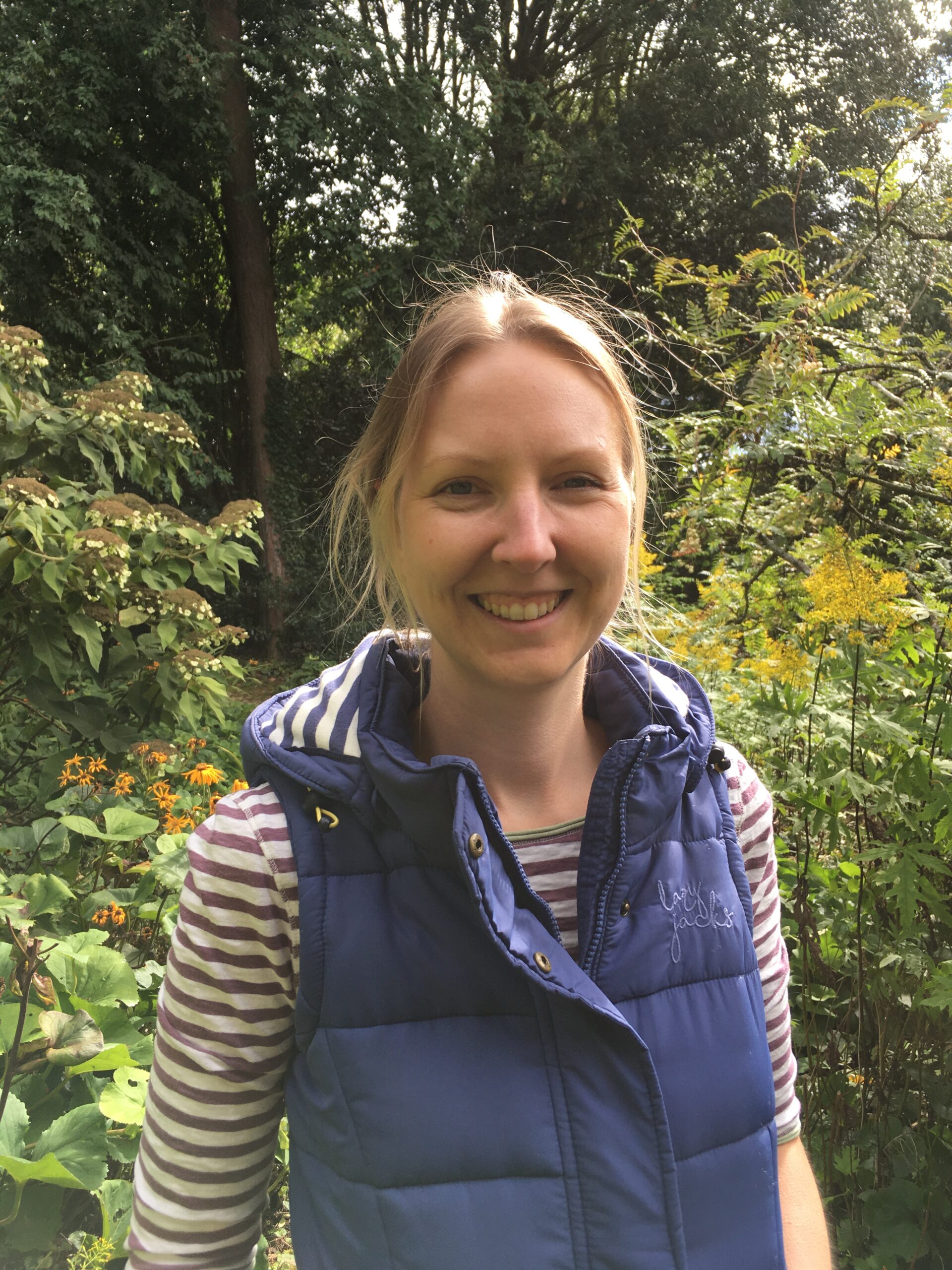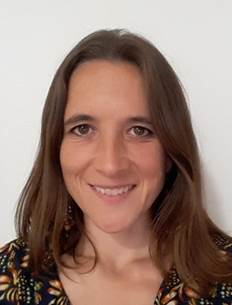What will healthcare look like in 2050? Planetary health refers to the health of human civilisation and the state of natural systems on which it depends. How can our actions now, ensure safe, holistic and equitable care for the people of the future?
The evidence is clear; the climate emergency is a health emergency. The world is now 1.2℃ hotter than the pre-industrial period (1850-1900) and the past 7 years have been the hottest on record. So, what does this mean for health?
Even at 1.5℃ of global heating, we will see increased drought, heatwaves, flooding, increased vector-borne disease, food insecurity and increased numbers of climate refugees, all with associated physical and mental health problems. The Intergovernmental Panel on Climate Change (IPCC) predict this could happen by the early 2030s.
Air pollution today remains the single biggest environmental threat to health in the UK, shortening tens of thousands of lives each year.
In the UK, the heatwaves of 2020 claimed more than 2,500 lives. Heat affects the most vulnerable in our population, including those aged over 65 or under 1 year, and those who are socially disadvantaged. In the IPCC’s high emissions scenario, heat-related mortality is predicted to increase over 4% by the end of this century. Every 0.1 degree increase to the global temperature will have significant impacts, so urgent action is needed, at every level and in every sector of society.
One year ago, the NHS committed to an ambitious net zero plan, the first national health system in the world to do so. As the fifth largest employer in the world, contributing almost 5% of UK carbon emissions, the NHS is already making progress to reduce harmful carbon emissions across transport, estates and facilities, medicines, and the delivery of care, while improving patient care and reducing costs.
The UK government has committed to net zero carbon by 2050. In the lead up to COP26 it is incumbent upon health leaders to bring the conversation about health to the forefront.
We know that amidst the pandemic, 9 in 10 staff working in the NHS still support the NHS net zero commitments. So how can we, as leaders, harness that enthusiasm, particularly in a system that is still impacted by COVID-19? Climate change and COVID-19 are interconnected challenges which have highlighted the importance of addressing health inequities and the need for global collaboration. Building on some of the transformative changes made during the COVID 19 pandemic; such as a move to offer remote consultations and care closer to home where this is appropriate for the patient, will allow us to tackle health inequalities and prevent ill health and support a green recovery from COVID-19.
To prevent the worst health consequences of climate change, action is required to reduce emissions across all sectors. This will require leadership in setting ambitious targets and working with outliers to ensure a shared goal. A great example of this is the NHS commitment to purchase only from suppliers who meet or exceed our commitment to net zero by 2030. By working with companies to achieve this, the target can make a much wider impact, especially as many of these suppliers do not supply the NHS alone.
“Tackling climate change could be the greatest global health opportunity of the 21st century.” (The Lancet, 2015)
The COP26 delegation has an unparallel opportunity to save lives and leave a positive legacy for future leaders and future generations. Taking effective and decisive action to mitigate climate change and adapt to the effects that are now inevitable, will reduce deaths. Action to address climate change is also good for our economy. According to the Natural Capital Account for London, spending £1 on public green space in London provides at least £27 in value to local residents, and public green spaces in London are responsible for £950 million savings per year due to reduced health costs.
How can we make a difference and lead change within healthcare? At this critical juncture, we urge all leaders to consider how they can promote planetary health in their decision making and actions, and to support and inspire future leaders to do the same. Within healthcare, we can work to engage our organisations in setting and reaching ambitious but feasible goals of decarbonising healthcare delivery and building more resilient and sustainable health systems. Doing this requires engagement from all of us, and will benefit us all; together we can together create the conditions for current and future generations to enjoy healthy lives.

Dr Rebecca Taylor-Smith
Dr Becki Taylor-Smith is an anaesthetic registrar, currently in the role of Chief Sustainability Officers’ Clinical Fellow at NHS England & Improvement. Becki founded and continues to chair the Green Anaesthesia and Intensive Care Network in the West Midlands (GAIN-WM) and has an interest in empowering clinicians to make change and engage their policy makers in the area of sustainability.
Declaration of interests: I have read and understood the BMJ Group policy on declaration of interests and declare the following interests: none.

Dr Sarah Walpole
Sarah Walpole is the National Medical Director’s Clinical Fellow at NICE. She is an Infectious Diseases Registrar in the North East of England, Associate Clinical Lecturer at Newcastle University, GMC Associate and a member of the Healthcare Infection Society’s Research Committee. She has progressed Education for Sustainable Healthcare, most recently leading the development of an Association for Medical Education in Europe consensus statement. Previous roles include NIHR Academic Clinical Fellow in Yorkshire, Co-Director of the Sustainable Healthcare Education Network, Coordinator of the UK Climate and Health Alliance, Medical Activities Manager for MSF in DRC, Lead Postgraduate Faculty for Doctors Worldwide in Bangladesh, and telemedicine doctor supporting Bangladeshi colleagues for MedGlobal.
Declaration of interests: I have read and understood the BMJ Group policy on declaration of interests and declare the following interests: I am an unpaid Associate of the Centre for Sustainable Healthcare and an Associate of the GMC.

Ms Manraj Phull
Manraj is one of the first cohort of Chief Sustainability Officer’s Clinical Fellows at the Greener NHS. This unique opportunity has allowed her to engage with senior leaders in the NHS to help embed net zero principles in the delivery of care across the healthcare system. She is a specialist urology registrar in training (ST6) and has an MSc with Distinction in Global Health & Global Surgery from King’s College London. She has experience in working on Global Health projects and research in sub-Saharan Africa, most recently in Zambia through her work with the Centre for Global Health & Health Partnerships, King’s College London. She is passionate about tackling structural health inequalities, climate change and its impacts on health and is committed to the Greener NHS agenda to help deliver the world’s first net zero health service.
Declaration of interests: I have read and understood the BMJ Group policy on declaration of interests and declare the following interests: none.

Dr Sophia Lentzos
Sophia Lentzos is a currently on secondment with Greener NHS as one of the Chief Sustainability Officer’s Clinical Fellows. She is an anaesthetic trainee by background with previous experience in wildlife conservation. Her interests lie in sustainable anaesthesia, green theatres, and is passionate about promoting the education of climate change on health.
Declaration of interests: I have read and understood the BMJ Group policy on declaration of interests and declare the following interests: none.

Mr Ben Whittaker
Declaration of interests: I have read and understood the BMJ Group policy on declaration of interests and declare the following interests: I am an unpaid Associate of the Centre for Sustainable Healthcare.